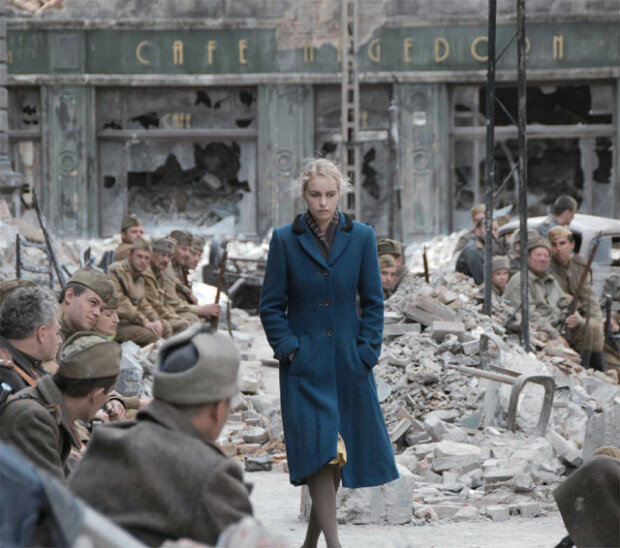Women left unliberated in post-war Germany
Women left unliberated in post-war Germany
Posted December. 22, 2018 07:39,
Updated December. 22, 2018 07:39

With the end of World War II, the year of 1945 is considered a synonym of liberation in many countries including Korea. However, the word has been another beginning of violence on 860,000 women in the defeated nation, Germany. Around 500,000 and 190,000 German women were sexually assaulted by the Russian Army and the U.S. forces, respectively.
In Algeria, one of the victorious France’s colonies, the end of war did not translate into liberation. At least 45,000 Algerian citizens were victimized by the French forces and civilian army as they fought for independence in May 1945 in Setif, Algeria. It was in 1962 when the nation achieved independence in return for their persistent fight.
The book "Modern History" opposes an established view of modern history, based on historical records and up-to-date research. The book catches an eye with enormous research results, which study vivid voices and memories of the socially marginalized that have been kept silent from a perspective of the winner.
Let’s take a closer look at the latest research on Holocaust, the Nazi-executed mass-killing of Jews. As the East German government’s confidential information was made public, it has been revealed that most massacres were carried out face-to-face, not in a factorized system such as gas chambers. This begs question over the statement of historical studies, "history makes progress."
Meanwhile, it has recently been released that German sergeant Anton Schmidt and Swedish diplomat Raoul Wallenberg, and Feng-Shan Ho, the Chinese Consul-General in Vienna, took their lives to rescue Jews. The author describes them as cases of normality in virtue, not those in evil.
As the author interprets that modern history consists of long-term and short-term violence, the 20th and 21st centuries have been dotted with endless wars and violence. Nevertheless, it is interesting to witness that righteous people have constantly sought for human rights and peace.
Won-Mo Yu onemore@donga.com
Headline News
- Med professors announce intention to leave hospitals starting Thursday
- Bridge honoring Sgt. Moon Jae-sik unveiled in Pennsylvania
- Chief of Staff Chung tells presidential secretaries to stay away from politics
- US FTC bans noncompete agreements
- N. Korea launches cyberattacks on S. Korea's defense companies







